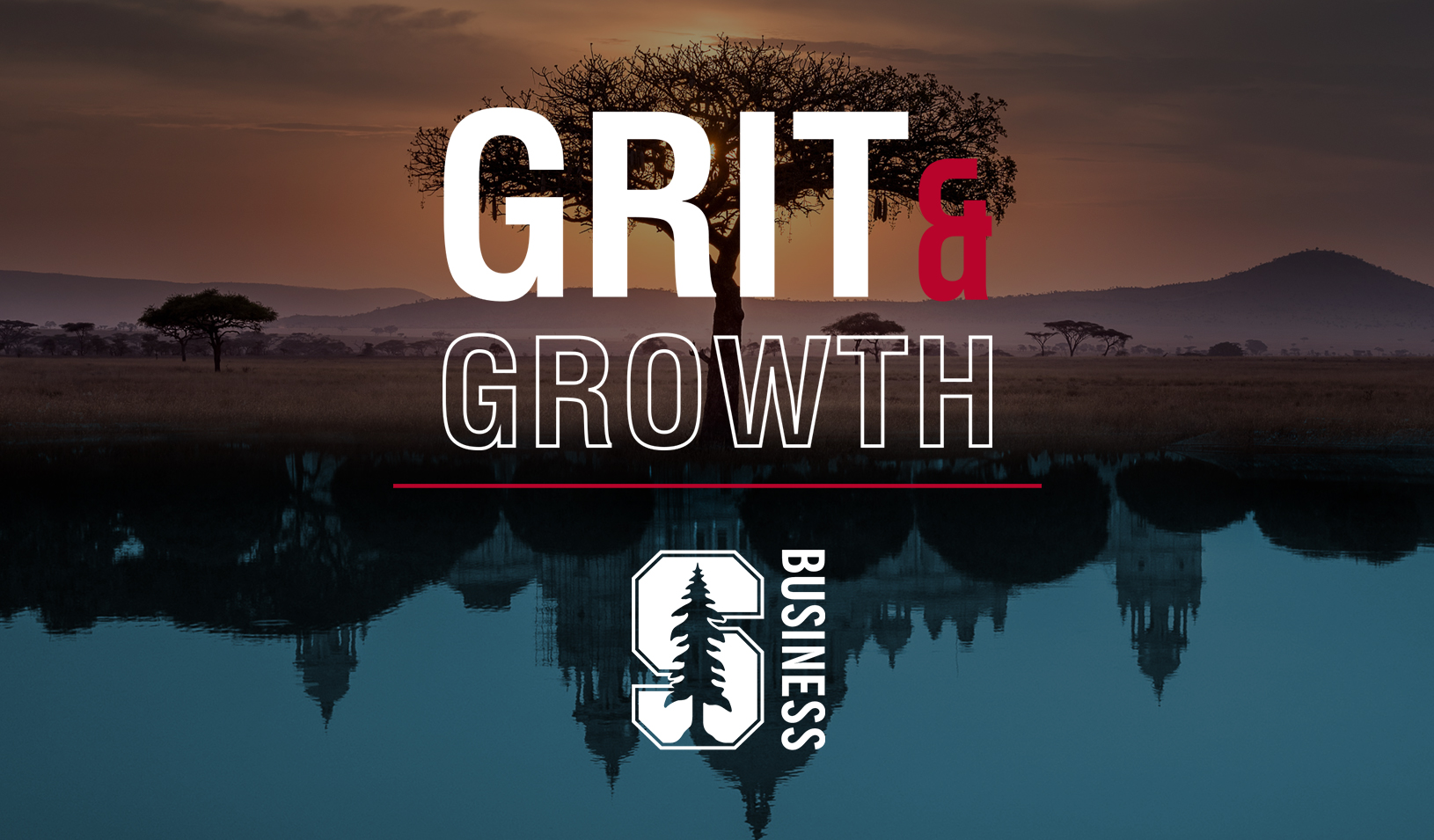June 01, 2011
| by Michele ChandlerSome people believe that Black women are doubly oppressed in the workplace, challenged by sexism because they’re female and by racism because they’re Black.
However, that bleak assessment does not tell the complete story, says Katherine Phillips, PhD ’99, visiting scholar in organizational behavior at Stanford GSB and an expert in workplace diversity.
In fact, Black women are excelling in education and entrepreneurship, she said. Two-thirds of Black college undergrads are female. And, between 2002 and 2008, the number of businesses owned by Black women rose by 19% — twice as fast as all other firms and generating $29 billion in sales nationwide.
In reality, Phillips said, Black women are viewed as independent, competent, and demanding of respect — all classic leadership traits. So, they may find their dual makeup actually boosts their achievement possibilities, she told a Stanford audience in June during a talk titled, “Black Women and the Backlash Effect — Understanding the Intersection of Race and Gender.”
“Black women may not be seen as prototypical Blacks, and they may not be seen as prototypical women,” Phillips told the audience comprised of people of various genders, ages, and races. “That invisibility might end up being something that’s helpful in allowing [them] to take on behaviors that otherwise would not be allowed. Black women may be in a unique position to, in fact, step into leadership positions, to be embraced in leadership positions.”
Phillips presented a wide variety of academic research about how racial differences affect how individuals are perceived. Black mothers with outside jobs are viewed more positively than those who stay at home with their children, for example, while the opposite was true for white women. Another study, which appeared in 2009 in the journal Psychological Science found that participants assumed that male Black managers sporting “baby faces” earned higher salaries — an assumption that often was true and a pattern that did not extend to white male managers.
She said Black women have more ability to be forceful in the workplace without appearing threatening, which is not the case for men of either race. In fact, one study showed that “Black women do seem to have more latitude to display that dominance,” Phillips said.
And, from heading households to holding down careers, Black women can assume broader roles than white women without being criticized. “The evidence here suggests that white women are supposed to stay in this little narrow box more so than Black women are,” said Phillips. “The expectations of what Black women are supposed to do around these social roles is different than the expectations of what white women are supposed to do.”
Forty percent of Black women between the ages of 25 and 54 have never been married, a development Phillips said was examined in a 2010 Dateline ABC News special titled, “Why Can’t a Successful Black Women Find a Man?” Sometimes strong Black women are even stereotyped as angry, she said, referring to a cover story that appeared in Radar Magazine during the 2008 presidential campaign headlined, “What’s So Scary About Michelle Obama? An Insider’s Guide to the Next First Lady.”
“I don’t think I would argue that I’m trying to say that this is two negatives coming together to make a positive,” said Phillips. “But I would say that the complexity of how race and gender interact is not as simple as we typically thought. There may be a malleability that comes with being a Black woman that allows you to identify both as Black and as a woman that you might be able to use as a mechanism to make it through the world, to think about things.”
Phillips’ talk was sponsored by Stanford’s Center for Comparative Studies in Race and Ethnicity, along with Stanford’s Feminist Studies program and Department of Sociology.
A professor of organizational behavior at the Kellogg School of Management at Northwestern University, Phillips codirects the Interdisciplinary Center on the Science of Diversity. She conceived the creation of the Kellogg School’s Office of Diversity and Inclusion and has led discussions about workplace diversity at organizations including Goldman Sachs, Citigroup, and the U.S. Office of Personnel Management.
In her research she collaborated with Margaret A. Neale, the John G. McCoy-Banc One Corporation Professor of Organizations and Dispute Resolution at Stanford GSB, on a 2009 study showing that newcomers who bring divergent points of view may significantly enhance group performance in the workplace. “Better decisions come from work teams that include a socially distinct newcomer,” she told MBA-focused website Poets & Quants, which included Phillips in their ranking of “The World’s 40 Best B-School Profs Under the Age of 40.”
She has been published in journals including Personality and Social Psychology Bulletin, Journal of Experimental Social Psychology, and Organizational Behavior and Human Decision Processes.
For media inquiries, visit the Newsroom.





